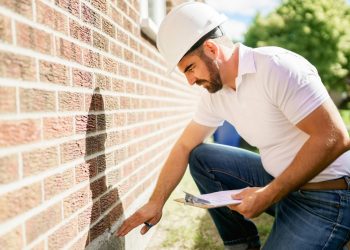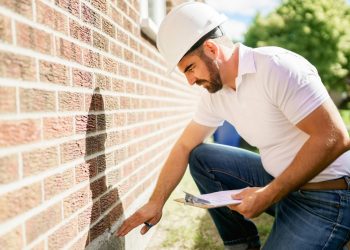As a consumer of electricity, gas, sewer and water services, you have certain protections under state law. If you submit required deposits, pay your bills on time and protect your interior and exterior equipment from overload or breakage, you should not be denied service and should rarely, if ever, experience a disruption in your utilities.
Yet, utility interruptions occur frequently. A water, gas or electric company can slow down or shut off flow to your home if there’s an outage to protect the public safety or to protect reserves and to keep prices competitive.
Sometimes, utility delivery equipment simply fails. Pipes burst, animals chew through lines and extreme weather can cause outages. In most cases, if the equipment is on your property, including a damaged meter, you’re as responsible to pay for repair or replacement as the companies are to monitor equipment performance before it breaks.
Extreme weather can wipe out utilities in large areas for weeks at a time before service is restored—a major reason why clean energy supporters lobby for micro-grids to limit outage areas and to encourage more subsidies for wind and solar power. Unlike fossil fuels, which are switched on and off, wind and solar power can be stored in batteries for future use, which can help restore power to homes quicker.
According to Audubon.org, every state has a public utility commission that regulates your utilities and the companies that provide them. Get involved and help reduce outages the cost of utilities in your area.











